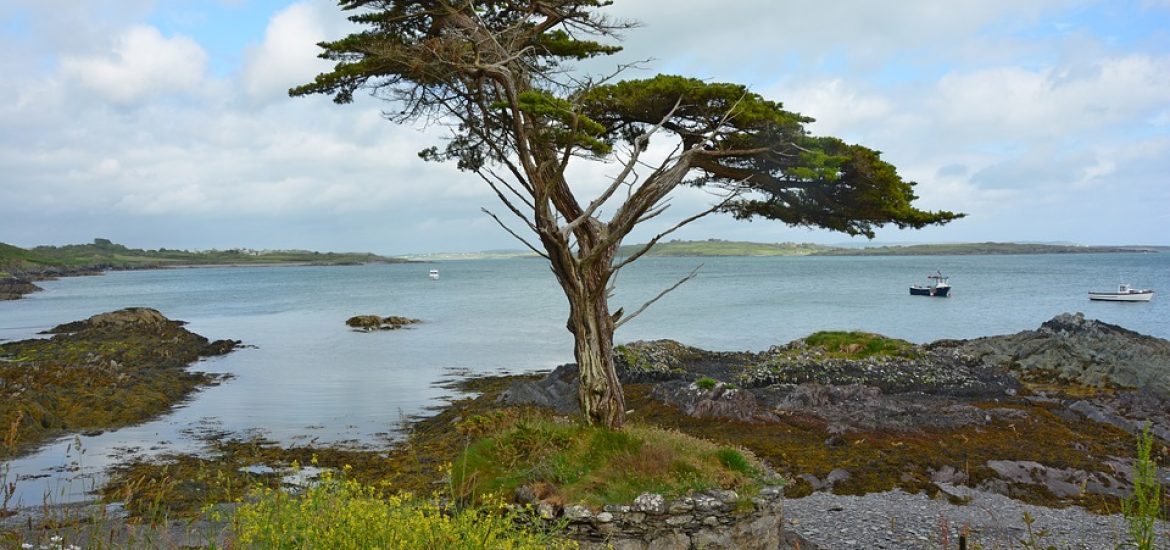
In Germany, the price paid for solar-generated electricity within communities is presenting a model for the rest of Europe to follow, it has been argued.
Community energy cooperatives, like UrStrom, which owns and operates photovoltaic panels installed on the businesses’ roofs, means 31 per cent of renewable energy production is owned by German citizens.
Energiewende, or energy transition, creates thousands of different initiatives, cooperatives and innovative business models. UrStrom has installations across cities like Mainz, including one that covers the police headquarters.
“The EU Clean Energy Package made it clear that people living in the EU have the right to create consumer, and trade their own energy,” Klaus Grieger of UrStrom told the media. “At the moment there is a big shift to solar. We believe it’s a human right to use the sun. You cannot tax the sun.”
In Rhein Hunsrueck, wind turbines are spreading across asparagus plantations as farmers can make up to €40,000 per turbine per year by leasing their land to wind developers.
“Even without the climate issue, it’s a no-brainer,” said Professor Peter Beck of the Trier University of Applied Sciences. “You’re adding value, independence and development instead of sending your money away to Saudi Arabia and Russia. There are now 400 villages in Germany that are basically energy independent. Mayors talk to mayors and they make it work.”
The model should be followed in Ireland, the Irish Times reported.
Ireland recently made history as it moved to become the first country in the world to fully divest from fossil fuels after its parliamentarians voted to withdraw all public funds from oil and gas companies.
In an effort to meet the country’s climate change under the Paris agreement, the Fossil Fuel Divestment Bill will probably be brought into force after the summer recess and it still requires the approval of the upper house. But cross-party and government support mean it is expected to pass quickly.
With Ireland under growing pressure to meet European climate targets in 2020 and 2030, the Dublin government is due to announce a new Renewable Energy Support Scheme (RESS), which will include measures to incentivise communities and promote renewable energy. The Department of Climate Action said rooftop solar panels could be financially viable without any subsidies in at least one region by 2025.
Most renewable energy projects in Ireland have involved developer-led schemes focusing on wind, but communities could be given a greater role, it is argued.
A study by Ricardo Associates in Ireland said community ownership helps stimulate innovative solutions and business models.
Offshore wind-farm technology might be applicable around Ireland’s rugged coastline. Picture credit: Pixabay





